
by Alex Funkhouser
Google is promising to teach one million Americans AI skills by providing grants to partner organizations like Goodwill and Miami Dade College, both of which will offer the course for free.
The biggest tech companies in the world are in the middle of a heated race to build the most powerful and popular generative AI products. That means they’re also in a race to hire the employees needed to build these tools.
A 2023 survey of employers found that the number one most in-demand skill is knowledge of AI, that 72% of companies plan to invest in AI upskilling, and 83% of leaders say their organization is moving quickly on AI skills training. However, according to the World Economic Forum’s 2023 future of jobs report, just half of workers currently have access to AI training.
“People need to know that AI tools hallucinate. They need to know that there can be inherent biases in these tools and that it’s important to have a human in the loop when you’re using them,” says Lisa Gevelber, founder of the tech behemoth’s “Grow with Google” program. “We want to make sure that people are savvy consumers and users of the tool.”
Amidst this race, on Friday, Google announced a new $75 million “AI Opportunity Fund” through the company’s philanthropic arm, as well as a new $49 AI course offered online through Coursera. The initiative promises to teach one million Americans AI skills by providing grants to partner organizations, which will offer the course for free. Partners will include employers like Goodwill and higher education institutes like Miami Dade College.
Read the complete Fast Company article BY AJ HESS: https://www.fastcompany.com/91113233/googles-announces-new-fund-train-workers-ai
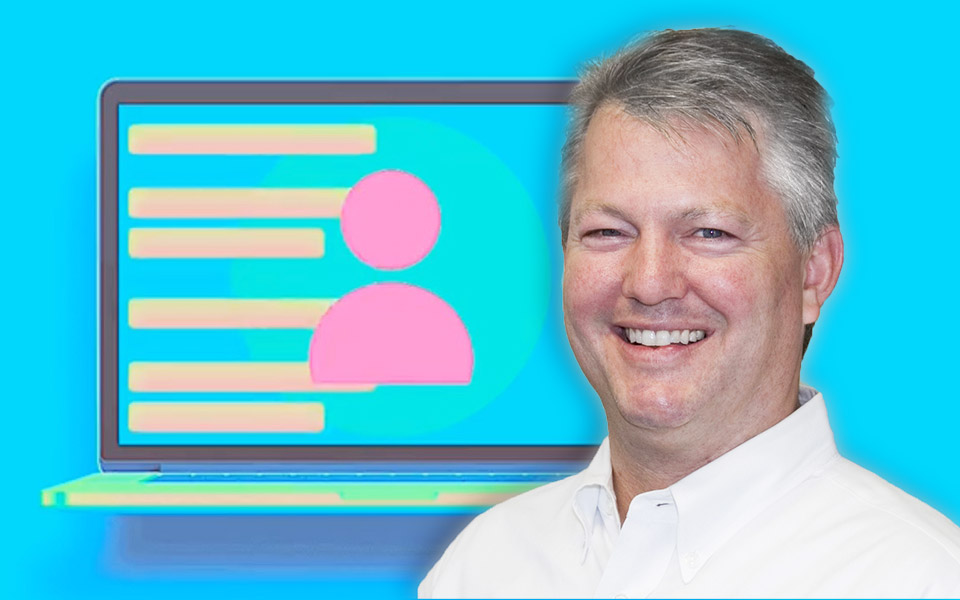
by Alex Funkhouser
This week, the researchers revealed the names of the companies that discriminated most against Black or female applicants in their study.
In 2021, a group of researchers published the results of a wide-ranging experiment they had conducted to examine the hiring practices of leading employers across the country. Over the course of two years, they submitted more than 83,000 fake job applications for 11,000 entry-level positions at more than a hundred of the largest U.S. companies by revenue. The researchers sent in nearly identical sets of applications with names that were “distinctively Black” or “distinctively white”—as well as names that were gendered—to test for discriminatory hiring practices.
When reached for comment, a CVS spokesperson told Fast Company, “Ensuring diversity in our hiring practices is a high priority. We are focused on hiring, developing, and retaining a talented workforce that represents and reflects the diversity of our customers, patients, and communities we serve. The study highlights an area that we already address: ensuring that a diverse slate of candidates have opportunities to succeed.” (Costco did not respond to a request for comment.)
When the researchers first presented their findings, they withheld the names of the companies in question but shared that, on average, Black candidates did hear back from prospective employers less frequently. Much of the discrimination was, however, concentrated in certain industries—namely, auto and retail—and among a select group of companies.
This week, the researchers finally revealed company names and created a “discrimination report card,” which disclosed that two auto companies—AutoNation and Genuine Parts—had the highest rates of discrimination against Black applicants. (AutoNation did not respond to a request for comment. A spokesperson for Genuine Parts said In a statement, “We are always evaluating our practices to ensure inclusivity and break down barriers, and we will continue to do so.”)
Read the complete Fast Company artice BY PAVITHRA MOHAN: https://www.fastcompany.com/91089772/researchers-submitted-83000-fake-job-apps-to-see-if-the-biggest-u-s-companies-discriminate-heres-what-they-found
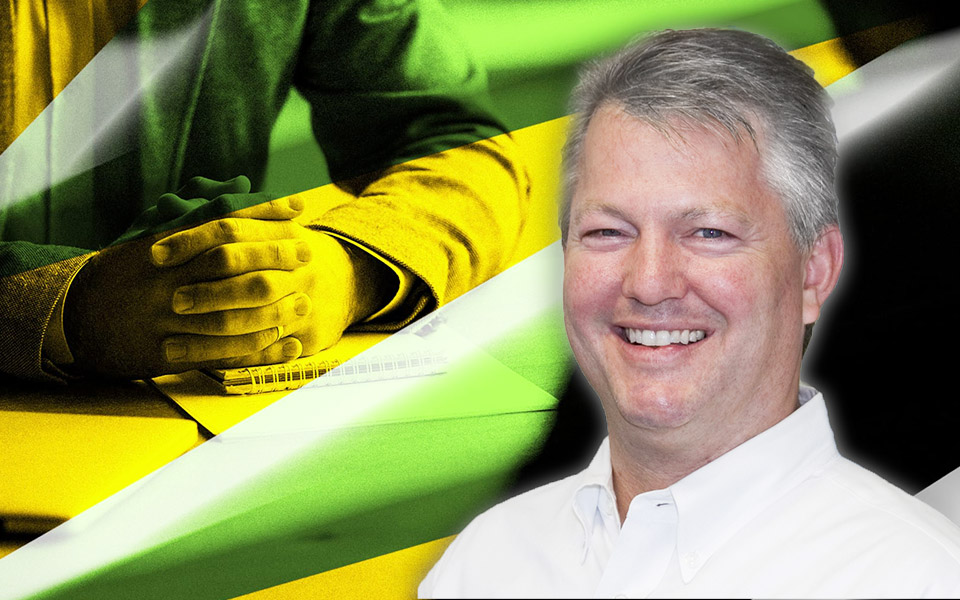
by Alex Funkhouser
Questions about citizenship, race, disability, or other characteristics often skirt what’s allowed by law. Here’s what to do if you’re asked one.
Throughout the hiring process, managers typically assess a candidate’s suitability for a role by investigating their experience, communication abilities, and other relevant professional attributes. Nevertheless, some hiring managers continue to overstep boundaries by probing into protected information such as age, identity, disabilities, or familial status.
Of the men surveyed, 38% admit to asking illegal questions, compared with 23% of women. Women are believed to ask illegal questions less often due to their experiences “being on the other side of an illegal question” and losing out on an “opportunity because of it.”
A Resume Builder study that surveyed 1,000 U.S. hiring managers found that 1 in 3 hiring managers say that they knowingly ask illegal questions. Here is what you need to know:
- Hiring managers want to know how other priorities and situations affect employees’ ability to work
- Men are more likely to knowingly ask illegal questions than women
- Applicants often don’t know when they are being asked an illegal question
Read the complete Fast Company article BY CLAIRE ZHAO: https://www.fastcompany.com/91092181/hiring-managers-ask-illegal-questions-during-job-interviews
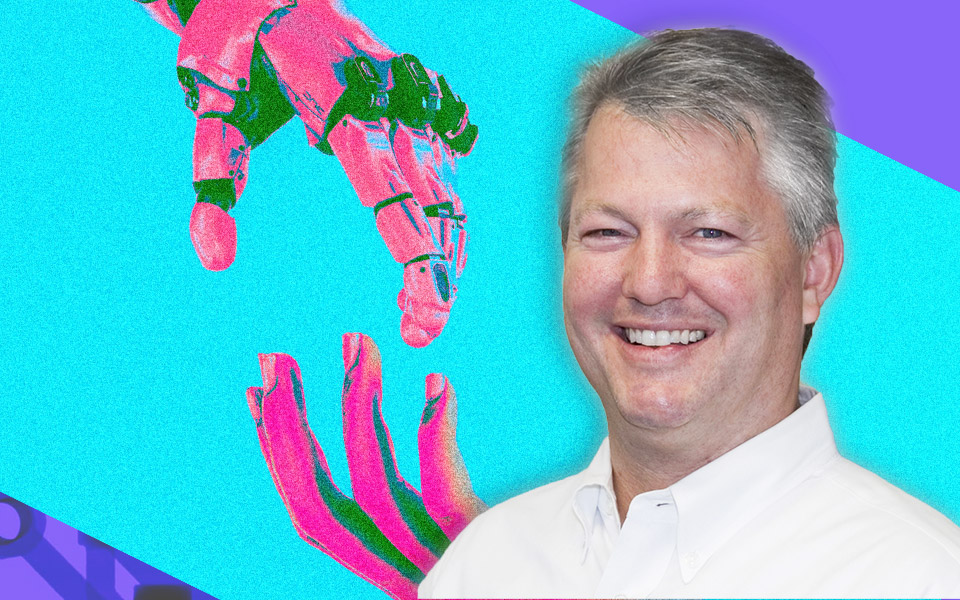
by Alex Funkhouser
Researchers have found that AI has the power to impact the vast majority of jobs.
One of the first questions people ask when they start using AI seriously is whether it will affect their job. The answer is probably yes.
The question is important enough that at least four different research teams have tried to quantify exactly how much overlap there is between jobs that humans can do and jobs that AI can do, using a very detailed database of the work required in 1,016 different professions. Each study has concluded the same thing: Almost all of our jobs will overlap with the capabilities of AI. As I’ve alluded to previously, the shape of this AI revolution in the workplace looks very different from every previous automation revolution, which typically started with the most repetitive and dangerous jobs. Research by economists Ed Felten, Manav Raj, and Rob Seamans concluded that AI overlaps most with the most highly compensated, highly creative, and highly educated work. College professors make up most of the top 20 jobs that overlap with AI (business school professor is number 22 on the list ). But the job with the highest overlap is actually telemarketer. Robocalls are going to be a lot more convincing, and a lot less robotic, soon.
Only 36 job categories out of 1,016 had no overlap with AI. Those few jobs included dancers and athletes, as well as pile driver operators, roofers, and motorcycle mechanics (though I spoke to a roofer, and they were planning on using AI to help with marketing and customer service, so maybe 35 jobs). You will notice that these are highly physical jobs, ones in which the ability to move in space is critical. It highlights the fact that AI, for now at least, is disembodied. The boom in artificial intelligence is happening much faster than the evolution of practical robots, but that may change soon. Many researchers are trying to solve long-standing problems in robotics with large language models, and there are some early signs that this might work, as LLMs make it easier to program robots that can really learn from the world around them.
Read the complete Fast Company article BY ETHAN MOLLICK: https://www.fastcompany.com/91072675/a-wharton-professor-explains-why-most-jobs-will-be-impacted-by-ai
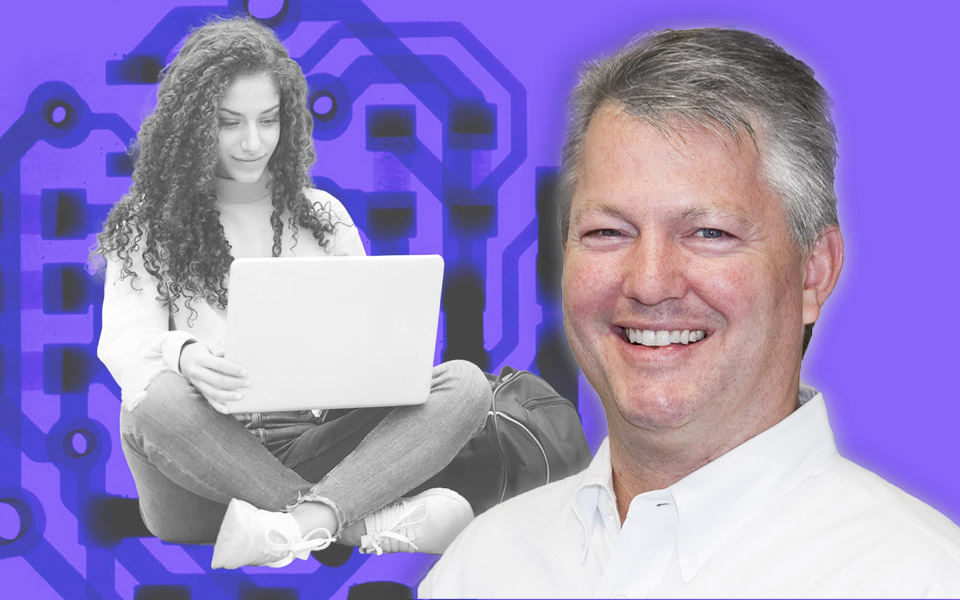
by Alex Funkhouser
ChatGPT is being utilized by workers in professional settings everyday. Here’s why students should be prepared.
ChatGPT was officially introduced on November 22, 2022, by OpenAI. When It initially launched, it was described as a tool that could provide responses based on prompts. But since its introduction, ChatGPT has been updated and revised several times, and it now includes both free and premium account options.
Recent studies indicate that over 91% of organizations want to hire candidates with ChatGPT experience. Anecdotally, in speaking with companies that partner with Rutgers, several have expressed an interest in hiring early-career talent with knowledge of and experience with ChatGPT.
During this period there have been many discussions about the use of ChatGPT at colleges and universities. Although it has been more than 18 months since ChatGPT was introduced, there are often more questions than answers.
Some professors and administrators have attempted to limit students’ use of ChatGPT. However, I actually recommend that my students at Rutgers’ School of Management & Labor Relations use ChatGPT. Here is an overview of how young people are already using ChatGPT—and why I believe we should encourage them to use it more.
Read the complete Fast Company article BY KYRA SUTTON: https://www.fastcompany.com/91071156/why-some-professors-are-encouraging-students-to-use-chatgpt
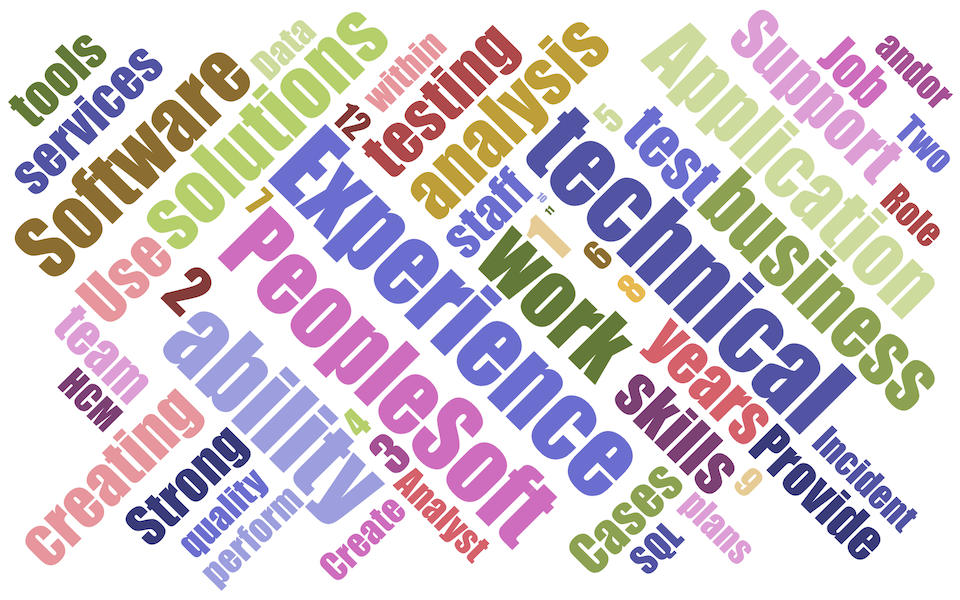
by SherlockTalent
Apply to this job
Are you ready to leverage your PeopleSoft expertise and make a significant impact? As a PeopleSoft Technical Analyst within our Technology Solutions team, you will have the opportunity to work on crucial PeopleSoft HCM Solutions, engaging in technical analysis, design, coding, testing, and support. This role is not just about managing applications; it’s about driving innovation and excellence in our administrative and business functions, ensuring a superior campus experience for our community. If you possess a blend of technical prowess, problem-solving abilities, and a strong customer service orientation, along with the qualifications listed, we invite you to join our dynamic APPS team. Embrace the challenge of enhancing our enterprise and business applications, and play a key role in our journey towards technological advancement. Don’t miss this chance to be a part of something meaningful.
The PeopleSoft Technical Analyst works within a team environment to provide technical analysis, design, coding, testing, and support of PeopleSoft applications. They partner with business liaisons and other technical teams to cover PeopleSoft HCM Solutions.
- Provide technical analysis around how we use and should adopt and/or modify various functionalities of assigned applications.
- Perform technical support & incident management leveraging vendor support contracts providing subject-matter expertise on application best practices.
- Create and maintain application specific documentation.
- Provide data analysis including ad-hoc queries for analysis and reporting.
- Create test plans and perform testing on application changes.
Additional Information
Technology Solutions provides information technology products and services for the administrative and business functions. Through our Technology Support Center and our highly trained staff, Technology Solutions looks to improve the campus experience for all students, faculty, staff, and the rest of the campus community.
The Application Services (APPS) team develops, administers, and delivers quality application services to the University. They work on enterprise and business applications, such as PeopleSoft, ReggieNet, and others.
Qualifications
- Associate’s degree from accredited institution or 3 years of hands on work experience leveraging enterprise software solutions
- One (1) or more years of work experience using enterprise or university software tools for HR, Payroll, Student Information Management, or Finance
- Experience gathering business requirements, writing use cases, facilitating meetings, documenting notes, creating deliverables, and establishing healthy business relationships
- Knowledge of Source Control, Defect Management, and Incident Management Software Tools
- Strong customer service skills along with a desire for achieving excellence in customer satisfaction, process, and product quality and reliability
- Strong problem-solving ability
- Excellent interpersonal and communication skills and the ability to conduct internal and external meetings
- Ability to work independently and in a team environment with good communication and collaboration skills
- Ability to work with considerable latitude and independence of action.
- Ability to clearly communicate complex technical concepts verbally and in writing to management, technical staff, and customers in terms appropriate for each audience
- Ability to analyze large amounts of detailed information, quickly understand complex issues, and break information down into smaller, more manageable pieces
- Understanding of relational database concepts, queries (SQL), and ability to use 1 or more common query/reporting tools (SQL Developer, TOAD, Cognos, SSRS, Crystal Reports)
- Ability to leverage Microsoft Visio and Excel
- Ability to adapt quickly to new technologies and changing business requirements
- Foundation qualification in Information Technology Infrastructure Library (ITIL) or ability to obtain within 12 months of hire
Desired Qualifications
- Bachelor’s or more advanced degree in Technical or relatable field from an accredited institution
- Two (2) or more years’ work experience in PeopleSoft Technical Role working with PeopleSoft App Designer, PeopleCode, SQRs, Application Engines, Workflows, Component Interfaces, Data Mover Scripts, Portal in PeopleSoft HCM, Campus Solutions with PeopleTools 8.53 or higher
- Two (2) or more years’ work experience designing, creating, building, testing, troubleshooting PeopleSoft delivered, modified and add on programs
- Strong project, analysis, and research skills
- Experience in software testing including creating test plans, creating test cases, test execution, and documenting defects
- Experience collecting technical requirements and designing appropriate process and/or software solutions
- Experience in developing and debugging Software
- Experience in higher education administrative systems
- Experience in Modeling Techniques: UML (Use Cases, Activity Diagrams, Usability)
Sherlock loves to share $1,000 referral success bonuses. Email your to Referrals@SherlockTalent.com.






